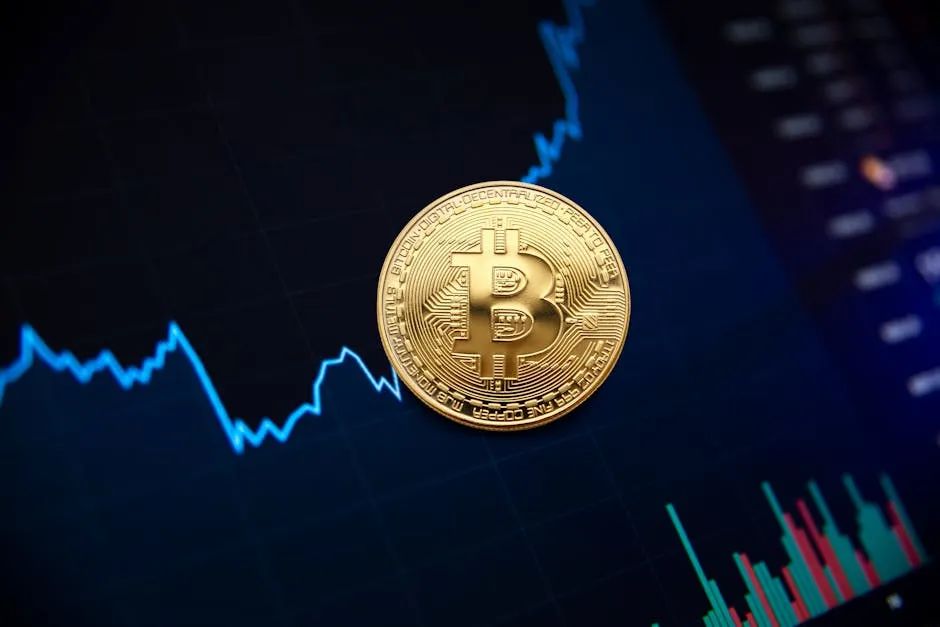Pinduoduo's market value evaporates by US$55 billion overnight, threatening Huang Zheng's position as China's richest man
![]() 08/28 2024
08/28 2024
![]() 478
478

Is the light of Chinese stocks also fading?
Manual labor/digging brother
Manual editing/Uncle Jiao
Produced by/Unicorn Observer
The most resilient Chinese stock, Pinduoduo, has also collapsed.
On August 26, after Pinduoduo released its second-quarter financial report that fell short of expectations, the share price of Pinduoduo, listed in the United States, plunged, with a single-day decline of 28.51%, closing at US$100 and a market value evaporating by US$55 billion overnight, dropping to US$138.877 billion.
Dragged down by Pinduoduo's plunge, Chinese stocks generally fell on the day, with Alibaba falling 4.27% to a market value of US$191.6 billion.
What is lamentable is that on November 29 last year, Pinduoduo's market value surpassed Alibaba for the first time in history, reaching US$192.4 billion during the trading session, making it China's largest e-commerce giant by market value, astonishing all parties.
Times have changed, and Pinduoduo, which has been soaring for half a year, seems to have fallen back to its "original form" overnight.
What's going on with Pinduoduo?
01 Performance fell short of expectations
Against the backdrop of shrinking capital markets, Pinduoduo can be considered the light of Chinese stocks in terms of market value.
Especially last year, when Pinduoduo's market value surpassed Alibaba for the first time, investors in Pinduoduo rushed to share the news.
What supported Pinduoduo's share price was its consecutive quarters of higher-than-expected growth.
From the fourth quarter of 2022 to the first quarter of 2024, Pinduoduo's revenue growth rates were 46%, 58%, 66%, 94%, 123%, and 131%, maintaining growth for six consecutive quarters.
Note that the growth rate continued to rise, while other e-commerce companies struggled to maintain single-digit revenue growth during the same period.
This is why Pinduoduo's market value surpassed others and peaked.
In the latest second-quarter report for 2024, Pinduoduo's total revenue was 97.06 billion yuan, up 86% year-on-year, with a net profit attributable to ordinary shareholders of 32.009 billion yuan, up 144% year-on-year.
If not compared chronologically or horizontally with peers, this performance is still impressive.
However, capital markets place more emphasis on the future, and Pinduoduo's revenue of 97.06 billion yuan in this quarter fell short of market expectations of 99.99 billion yuan. Compared to the first quarter, Pinduoduo's revenue and net profit growth rates in the second quarter began to decline year-on-year.
This caught investors accustomed to Pinduoduo's above-expectation financial reports off guard.
Therefore, Pinduoduo's U.S. shares plunged more than 18% in pre-market trading immediately after the financial report was released.
02 Management's "stab in the back"
When investors eagerly awaited some confidence-boosting "good news" during the earnings call, management delivered a "pile" of pessimistic expectations instead.
Chen Lei, Chairman of the Board and Co-CEO of Pinduoduo Group, stated that the profit growth in the past few quarters was the result of a desynchronization between short-term investment cycles and financial reporting cycles and should not be taken as a long-term indicator. The current business is facing fierce competition and external environmental factors, which will inevitably bring fluctuations to business development and slow down revenue growth.
In terms of globalization, despite entering more than 70 global markets, Chen Lei noted that the business is facing a more severe and rapidly changing international environment, with increasing interference from abnormal commercial factors, significantly increasing uncertainty in future business development, and gradual slowing of revenue growth as an inevitable outcome.
Liu Jun, Pinduoduo's CFO, stated that our revenue growth slowed sequentially last quarter. Looking ahead, revenue growth will inevitably face pressure due to intensifying competition and external challenges. As we continue to invest heavily, profitability may also be affected.
In summary, these statements indicate slower revenue growth, declining profitability, and more severe challenges in international operations.
This "triple whammy" caused Pinduoduo's share price to continue to decline after the opening bell.
However, that was not the end of it.
When analysts asked if Pinduoduo had plans for share repurchases or dividends in the future,
This question, which could have been answered diplomatically, was met with a definitive response from Pinduoduo's management: "We believe that the company is still in an investment phase. Our business faces fierce competition and uncertainty from the external environment across multiple fronts. Therefore, it is inappropriate to conduct capital-level repurchases or dividends at this time. We do not foresee the need for such actions in the foreseeable future, either."
With pessimistic performance expectations and no plans for share repurchases or dividends to boost market confidence, investors naturally chose to vote with their feet.
On the day, Pinduoduo fell 28.51% to close at the US$100 mark, with a market value evaporating by US$55 billion overnight.
03 Does Huang Zheng not want to be the richest man in China?
Two weeks before Pinduoduo's plunge, Bloomberg released its Billionaires Index, which showed that Pinduoduo founder Huang Zheng surpassed Nongfu Spring founder Zhong Shanshan, who had topped the list for the past three years, to become China's richest man with a net worth of US$48.6 billion.
However, for the typically low-key Huang Zheng, such a title as China's richest man was clearly not something he desired. Moreover, there is a saying in China about a "curse of being the richest man," where many who have held that title have fallen from grace and become known as the "poorest man."
Therefore, as early as June 2020, when Pinduoduo's market value exceeded US$100 billion, Forbes China's Real-Time Billionaires List ranked Huang Zheng as China's second-richest man, behind only Ma Huateng, with a net worth of RMB321 billion.
At this point, Huang Zheng made a series of controversial moves: stepping down as CEO and reducing his shareholding.
He worked hard to shed a third of his shares to enter the "safe zone" of not being the richest man. However, fate had other plans, and four years later, the semi-retired Huang Zheng was thrust back into the "hot seat" as China's richest man.
So, when management released pessimistic expectations during the earnings call, rumors spread in investor communities that Huang Zheng was so dissatisfied with the title of richest man that he actively shorted his own stock.
Of course, this falls into the category of "conspiracy theories." There are many ways to avoid being the richest man, and suppressing one's own stock price is the dumbest of them all.
Of course, after Pinduoduo's share price plunged by nearly 30%, Huang Zheng's net worth is bound to shrink significantly, and he may become the shortest-serving richest man in China. (End)







